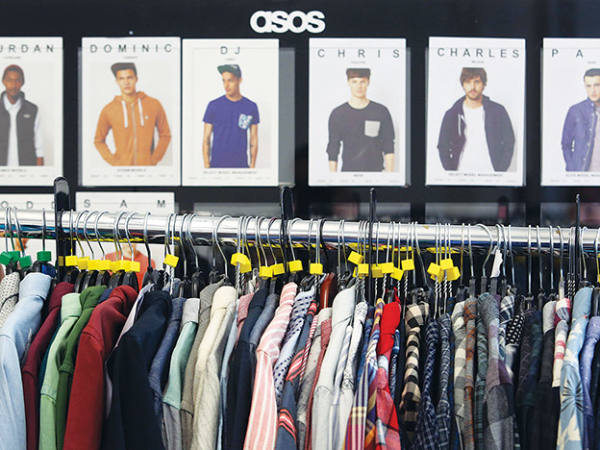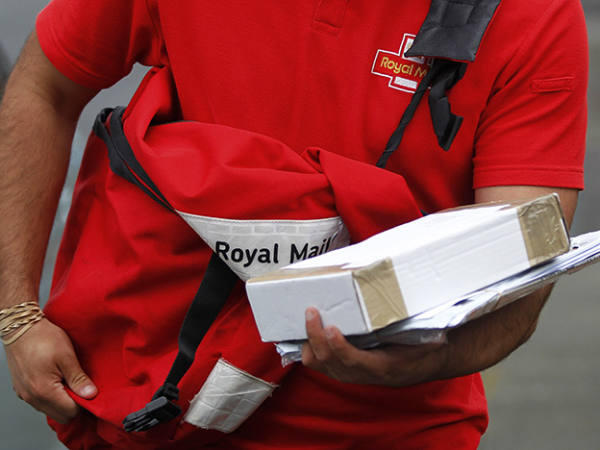And so it was that shares in energy industry engineer Petrofac (PFC) slumped 14 per cent last Friday, putting them 26 per cent below their high for 2017. The catalyst was the announcement that the Serious Fraud Office, the UK's fraud buster, had widened a probe into a Monaco-based company, Unaoil, netting Petrofac, and had interviewed Petrofac's founder and chief executive, Ayman Asfari, under caution.
For Petrofac shareholders, the link between Petrofac and Unaoil is worrying. Go to Unaoil's website and it's difficult to get a clear idea of what the company does - "industrial solutions to the energy sector" might cover a multitude of sins - though it is obvious that it operates in the world's dodgier regions, focusing on the Middle East, central Asia and Africa. The connection gets murkier when we learn that Petrofac engaged Unaoil for "consultancy services" - oh yes - mainly in Kazakhstan. After all, that central Asian state ranked 131st out of 176 in the Corruption Perceptions Index for 2016 produced by Transparency International, a think tank, where the lower the ranking, the greater the chances of corruption.
But Unaoil, which is controlled by Ata Ahsani, an Iranian exile, and his two sons, makes a virtue of its focus. "Our strict adherence to world-class standards of ethics and compliance is a competitive advantage in frontier markets," it says, adding that "we achieve our success because of, and not despite, our values". True, that last bit could be read two ways, but Unaoil reacted vehemently to allegations made by the Australian daily The Age that it was basically "a bribe factory". Last June it said it had started a legal action against Fairfax Media (ASX:FXJ), which owns The Age, for the "malicious and damaging actions negligently published". Almost hyper-ventilating, it also spoke of a "criminal conspiracy to extort the company" and said that it had "sustained unprecedented reputational and financial damage".
True, it doesn't do to make light of these things; they are serious matters and, from the outside, there is simply no way of knowing whether either the allegations against Unaoil have substance or - more relevant for us - whether Petrofac is deep in it.
Investors must always make decisions based on imperfect knowledge, but in situations such as this, that dilemma becomes quite dramatic. My interest is a holding in Petrofac in the Bearbull Income Portfolio, which, as you can imagine, has dropped through its stop-less level. Do I stay or do I go?
Let's not beat around the bush - I'm sticking with Petrofac, at least for the time being. Sure, I know I'm ignoring a stop-loss signal, but that device is primarily used for locking in profits. With Petrofac, I have never had decent profits to lock in. Proof of this is that I've never adjusted the stop-loss level since I bought my holding for 867p each two years ago.
Nor am I sure that Petrofac is necessarily bursting with value, though there is an obvious difficulty when it comes to valuing the shares. By its nature - running a small number of high-value, long-life contracts to build mostly oil and gas installations - Petrofac throws off cash irregularly. That means valuations focusing on the group's income statement produce very different figures from those that focus on cash flow.
Take the average operating profit for the past five years - $502m (£389m at an exchange rate of $1.29) - and that can generate value of more than £16 per share, compared with 691p in the market. That's based on my regular required return to equity of 8.5 per cent, yet after this week's drama, perhaps investors would expect more. Still, up the required return to 10.5 per cent and theoretical value is still almost twice the share price.
But do a similar exercise using Petrofac's cash flow statement and the result is very different - in effect, there is no value worth the name. A particular problem is that in two of the past five years Petrofac has generated no free cash. Yet, in the past three years, cash flow has been decent. Assume that the average of those three will be typical of the future and there is plenty of value - going on for £11 per share.
True, whether that value comes through depends on the extent to which Petrofac can turn its receivables - what it's owed - into cash. In the past five years, receivables have almost doubled to $2.4bn; and, in the process, it swung from being a lender to a borrower to the tune of $1.2bn net. The hope is that the process will go into reverse in the coming years, throwing off cash. If so - but also assuming that Petrofac adds something to its $14bn contract pipeline - then the share price has the potential to bounce.
And, basically, that's why I'm sticking. The income portfolio has already sustained the losses. So, if Petrofac's share price bounces, say 20 per cent, that, in effect, will be pure profit. Sure, the stock will need watching closely and I should have an alternative holding standing ready. But the moral is, don't sell when there is a fair chance the market has overreacted.











